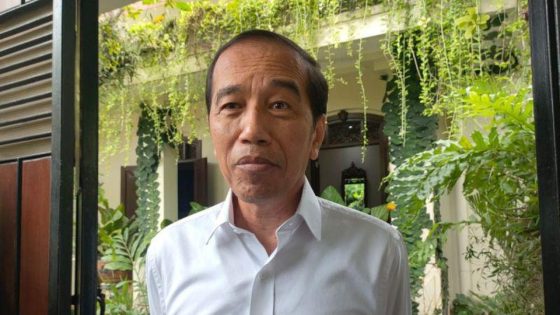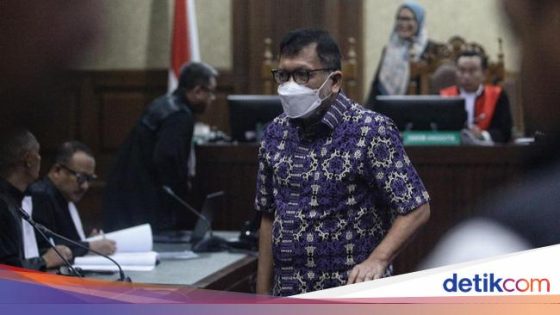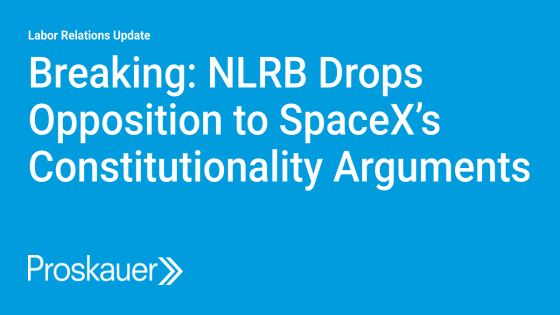On February 21, 2025, President Joko Widodo responded to the instruction from Megawati Soekarnoputri, the Chairperson of PDIP, regarding the postponement of a retreat for PDIP regional heads. Jokowi emphasized that the retreat is a government affair and urged local leaders to attend, as they are elected to serve the people. Why is this event significant for Indonesia‘s political landscape?
- Jokowi responds to Megawati's retreat instruction.
- Retreat deemed a government affair by Jokowi.
- Heads of regions invited by President Prabowo.
- Jokowi emphasizes duty to the public interest.
- PDIP's Hasto Kristiyanto detained prior to retreat.
- Megawati retains control over party decisions.
Why President Jokowi Urges PDIP Leaders to Attend the Government Retreat?
What happens when party instructions clash with government responsibilities? President Jokowi believes that elected officials should prioritize their duties to the public over party directives. He stated that the retreat, organized by President Prabowo Subianto, is essential for governance. Jokowi’s stance raises questions about the relationship between political parties and public service.
Understanding the Context of the PDIP Retreat Controversy
The recent controversy stems from Megawati’s instruction for PDIP leaders to delay their participation in the retreat scheduled for February 21-28, 2025. This directive followed the arrest of PDIP Secretary-General Hasto Kristiyanto, which raised concerns within the party. The implications of this situation are significant for both party unity and governance.
Key Points of the PDIP Retreat Situation
Here are some crucial aspects to consider:
- Jokowi emphasizes the importance of attending the retreat for effective governance.
- Megawati’s directive reflects internal party dynamics and potential instability.
- The retreat is organized by President Prabowo, highlighting inter-party relationships.
- Local leaders must balance party loyalty with their responsibilities to the public.
The Impact of Political Decisions on Local Governance
The decisions made by political leaders can have far-reaching effects on local governance. When party directives conflict with public duties, it can lead to confusion and mistrust among constituents. Jokowi’s insistence on attendance underscores the need for local leaders to prioritize their roles as public servants over party politics.
Future Implications for PDIP and Indonesian Politics
As the political landscape evolves, the relationship between party directives and public service will be crucial. The ongoing tensions within PDIP may influence future elections and governance strategies. How will these dynamics shape the future of Indonesian politics?
































